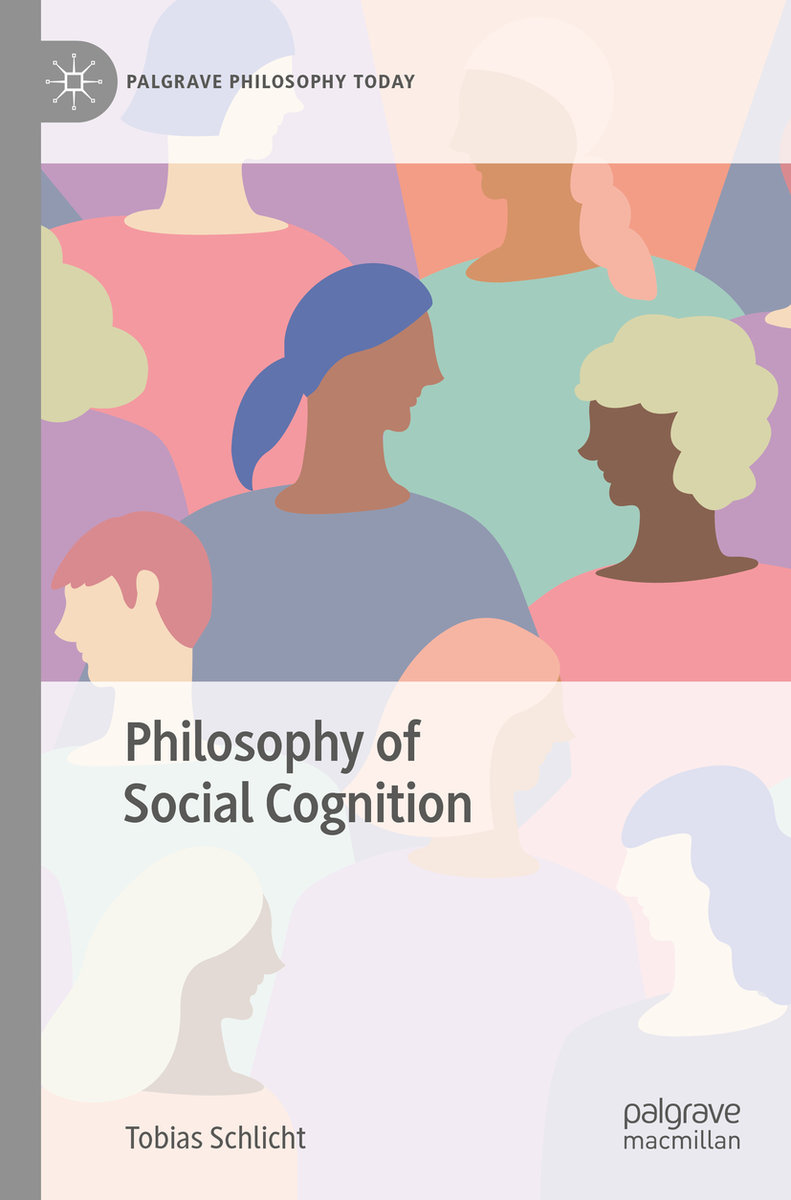This introductory textbook provides a comprehensive and up-to-date overview of the main issues in contemporary philosophy of social cognition. It explains and critically discusses each of the key philosophical answers to the captivating question of how we understand the mental life of other sentient creatures.
Key Features:
· Clearly and fully describes the major theoretical approaches to the understanding of other people's minds.
· Suggests the major advantages and limitations of each approach, indicating how they differ as well as the ideas they have in common.
· Tests each philosophical theory against the best available empirical data from psychology, neuroscience and psychopathology.
· Includes suggestions for additional reading and practice study questions at the end of each chapter.
Philosophy of Social Cognition is essential reading for all undergraduate and graduate students taking introductory courses on social cognition. It is also ideal for courses on cognitive neuroscience, social psychology and sociological theory.


